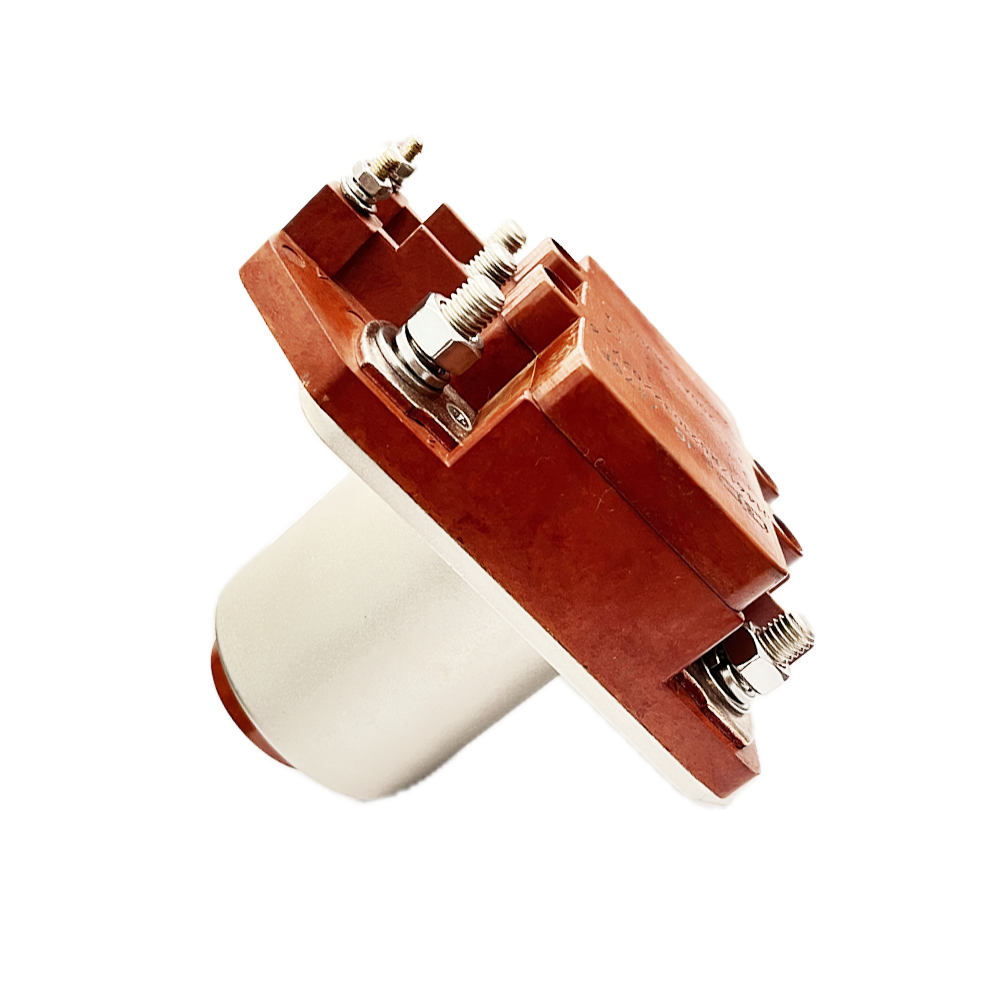Understanding DC Contactors: Essential Components for Electronic Devices
2025-11-22

DC contactors are vital electrical devices used to control high power circuits through low power signals. They function as electrically operated switches, enabling the connection and disconnection of electrical loads in various applications. Unlike standard relays, DC contactors are designed specifically for direct current (DC) applications, making them essential in numerous electronic systems, particularly in industrial and automotive environments.
The fundamental operation of a DC contactor involves an electromagnet that, when energized, pulls in a movable armature. This action closes the contacts, allowing current to flow through the load. When the electromagnet is de-energized, the armature returns to its original position, opening the contacts and stopping the flow of current. This on-off control mechanism is crucial in managing power supplies efficiently.
One of the primary applications of DC contactors is in motor control circuits. They are commonly used to start and stop motors in various machinery, ensuring safe and effective operation. In addition, DC contactors help protect circuits by limiting inrush current, which can cause damage to electrical components. Their ability to handle high currents while being triggered by low voltage signals makes them invaluable in protecting sensitive devices.
Moreover, DC contactors are widely utilized in renewable energy systems, such as solar power applications. They help in disconnecting panels from the grid during maintenance or in emergencies, ensuring safety and reliability. Similarly, in electric vehicle charging stations, DC contactors play a crucial role in managing the power flow between the grid and the vehicle, optimizing charging efficiency.
When selecting a DC contactor, it is essential to consider factors such as voltage rating, current capacity, and the specific application requirements. Proper sizing ensures that the contactor operates effectively without overheating or failing. Additionally, it is important to pay attention to the contact configuration, as this will determine how the load is switched on and off.
In summary, understanding DC contactors is essential for anyone involved in electronic device design and maintenance. Their role in controlling power circuits, ensuring operational safety, and enhancing efficiency cannot be overstated. By incorporating the right DC contactors into your systems, you can achieve reliable performance and longevity in your electronic applications.
The fundamental operation of a DC contactor involves an electromagnet that, when energized, pulls in a movable armature. This action closes the contacts, allowing current to flow through the load. When the electromagnet is de-energized, the armature returns to its original position, opening the contacts and stopping the flow of current. This on-off control mechanism is crucial in managing power supplies efficiently.
One of the primary applications of DC contactors is in motor control circuits. They are commonly used to start and stop motors in various machinery, ensuring safe and effective operation. In addition, DC contactors help protect circuits by limiting inrush current, which can cause damage to electrical components. Their ability to handle high currents while being triggered by low voltage signals makes them invaluable in protecting sensitive devices.
Moreover, DC contactors are widely utilized in renewable energy systems, such as solar power applications. They help in disconnecting panels from the grid during maintenance or in emergencies, ensuring safety and reliability. Similarly, in electric vehicle charging stations, DC contactors play a crucial role in managing the power flow between the grid and the vehicle, optimizing charging efficiency.
When selecting a DC contactor, it is essential to consider factors such as voltage rating, current capacity, and the specific application requirements. Proper sizing ensures that the contactor operates effectively without overheating or failing. Additionally, it is important to pay attention to the contact configuration, as this will determine how the load is switched on and off.
In summary, understanding DC contactors is essential for anyone involved in electronic device design and maintenance. Their role in controlling power circuits, ensuring operational safety, and enhancing efficiency cannot be overstated. By incorporating the right DC contactors into your systems, you can achieve reliable performance and longevity in your electronic applications.
Previous:


